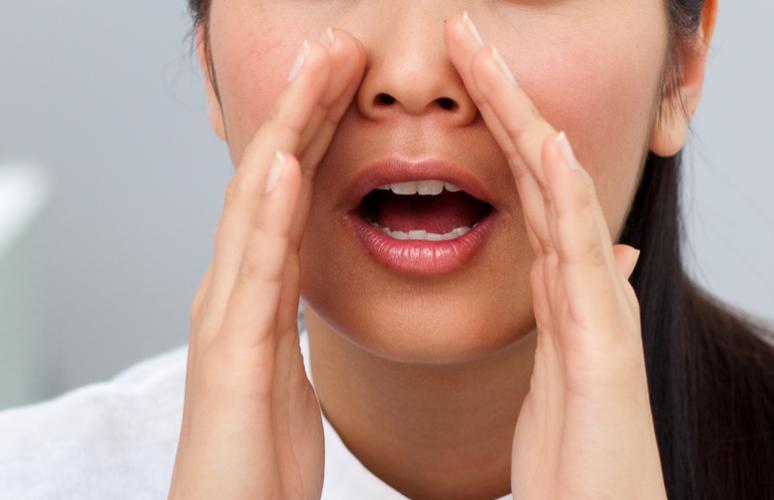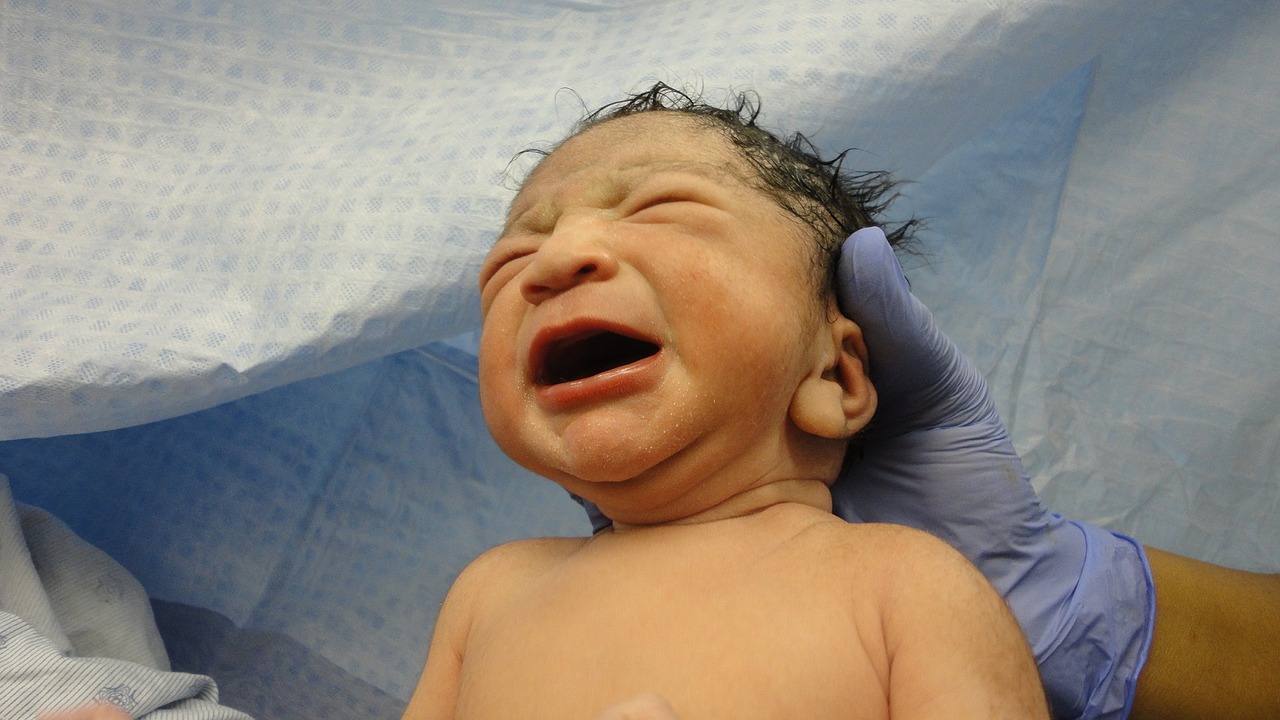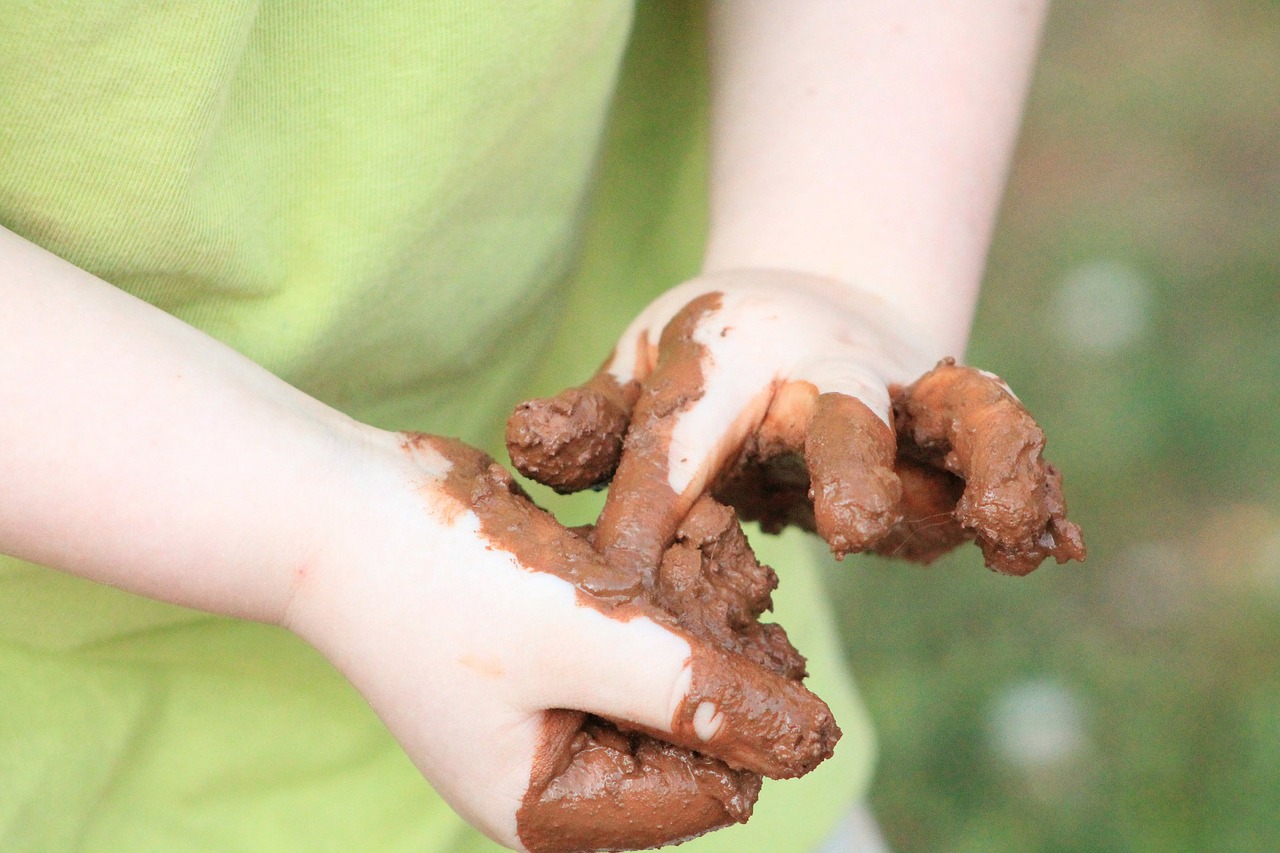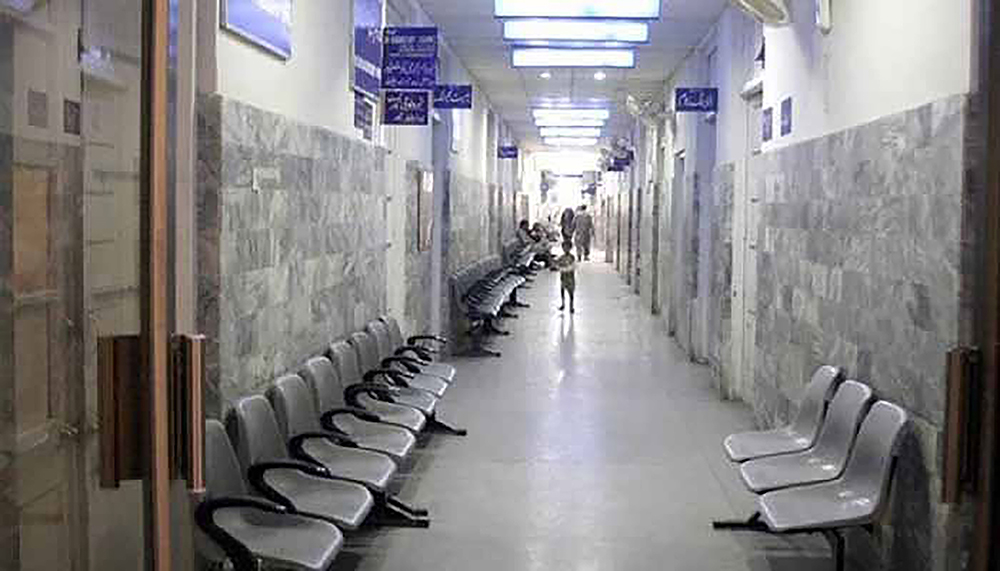Obsessive-compulsive disorder (OCD) is the fourth most common mental health illness in western world. It can affect both men and women and children regardless of their race, socio-economic group, religion or nationality. In the United Kingdom, it is estimated that 1.2 percent of the population are suggested to have OCD, which statistically presents as 12 out of every 1000 people.sni
Obsessions and compulsions
OCD is a common form of an anxiety disorder. It consists of two parts; obsessions and compulsion. Obsessions are the unwanted thoughts, images, urges or doubts that repetitively emerge in the individual’s mind. A common example could be the thought that they are covered in germs or experiencing a sudden urge to hurt someone. The experience of these obsessions can be frightening for the individual and at times too hurtful to share with others. The obsessions can become over-controlling and as a result interrupt all other thoughts making the individual feel very anxious.sni
The compulsion part of OCD entails repetitive acts that the individual feels they must perform. For example, this includes repeatedly checking that a door has been locked or washing their hands more than once. It is believed that the aim of the compulsion is to help the individual deal with the distress that is caused by the obsessive thought. However, the repetitive procedure of these compulsions is often distressing for the individual and the relief is only short-lived. It is only a matter of minutes or hours before the same obsession will need relieving again, causing a viscous circle.sni
Causes of OCD
Research suggests that OCD can be caused due to increased activity in certain areas of the brain as well as low levels of serotonin (brain chemical). However, others argue with this suggestion. Stress does not cause OCD, however a stressful incident such as giving birth or the death of a loved one can act as a trigger. Other theories suggest that personal experiences can cause OCD such as experiencing a trauma during childhood (example, abuse) and obsessions and compulsions are used to cope with the anxiety. On the other hand it could be a learned behaviour from parents.sni
Diagnosis and treatment
OCD is a condition that can be detected and treated. Individuals who suspect they are suffering from OCD can go to their GP for guidance and treatment. The individual who is suffering from OCD should be included in all options surrounding which method of treatment to use.sni
Mild forms of OCD can be treated with low intensity CBT (Cognitive Behaviour Therapy), which includes up to ten hours of therapy, in a group or by telephone, or with self-help material. For those suffering moderate OCD symptoms, can be treated with a more intensive course of CBT treatment with antidepressant medication and a possible referral to the community mental health team. Finally those who are suffering from severe OCD symptoms can be treated through intensive CBT and medication.sni
OCD was once considered a rare condition, which people where ashamed and guilty to speak about or admit having. But now times have changed and more people have benefitted from the support and proper guidance surrounding this disorder. There is always room for further research to better understand and explore OCD around other innovative forms of treatment for individuals suffering from this disorder.sni
By: Fajar Fawad, Forensic Psychologist,UK










